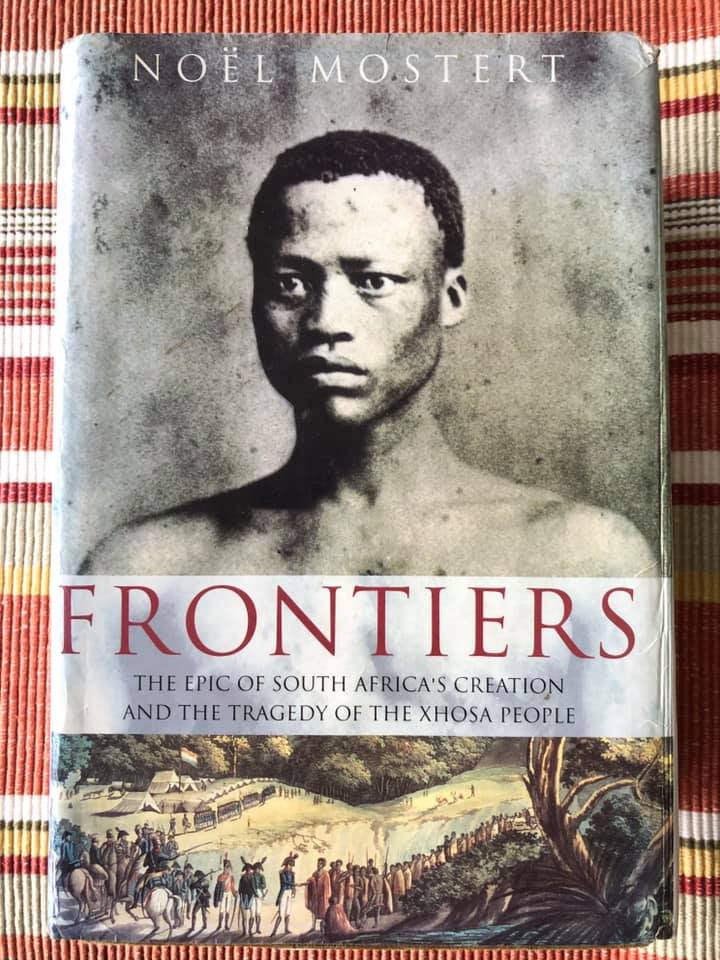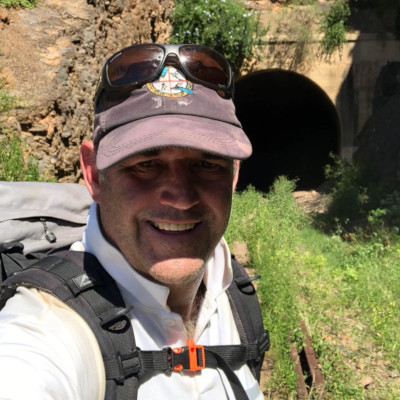A significant milestone in the history of South Africa is almost upon us. Reflecting back and looking forward to marking the 200-year arrival in the Eastern Cape of the 1820 British Settlers.
Politically-charged, potentially divisive but, if embraced, opportunity-laden. Many at sixes-and-sevens how to commemorate the event. It was not an “event” like a moon-landing but rather a process of settlement. 4,000 British Settlers sailed from various ports in Mother England. Save for the Abeona (ship lost at sea, some survivors) most arrived in Algoa Bay between April and June 1820. Some of my ancestors were on the Weymouth and landed 15 May 1820. The voyage (3 months at sea) couldn’t have been much fun and the exhausted immigrants were settled on land around Bathurst, on The Frontier.
Yes, it was done to them, properly, by the British Government of the day. The Settlers were, by and large, a pretty miserable lot. The habit of most folks that have nothing but the clothes on their backs. They came here because Britain experienced major unemployment after the Napoleonic Wars. They were strong, hard-working men and women. Most were NOT farmers. My ancestor, William Banks, was a basket-maker.
A significant milestone in the history of South Africa is almost upon us. Reflecting back and looking forward to marking the 200-year arrival in the Eastern Cape of the 1820 British Settlers.
Politically-charged, potentially divisive but, if embraced, opportunity-laden. Many at sixes-and-sevens how to commemorate the event. It was not an “event” like a moon-landing but rather a process of settlement. 4,000 British Settlers sailed from various ports in Mother England. Save for the Abeona (ship lost at sea, some survivors) most arrived in Algoa Bay between April and June 1820. Some of my ancestors were on the Weymouth and landed 15 May 1820. The voyage (3 months at sea) couldn’t have been much fun and the exhausted immigrants were settled on land around Bathurst, on The Frontier.
Yes, it was done to them, properly, by the British Government of the day. The Settlers were, by and large, a pretty miserable lot. The habit of most folks that have nothing but the clothes on their backs. They came here because Britain experienced major unemployment after the Napoleonic Wars. They were strong, hard-working men and women. Most were NOT farmers. My ancestor, William Banks, was a basket-maker.
Some Settlers became outstanding stockmen and farmers. Few stayed on the land. Resilience required to toil the soil of hardship that is the rough, vast country of the Eastern Cape. Most moved to burgeoning rural towns. Grahamstown is the second-oldest (once second-biggest) city in South Africa. The Settlers made their daily bread as traders, journalists, scoundrels and business executives. Even a few intellectuals and masters of the law. Another ancestor, Samuel Hayward, choked to death on some food at an eating house in Fort Beaufort. Apparently, “whilst in liquor”.
Fast forward 200 years. The Eastern Cape is now one of the poorest provinces in South Africa. Produced some of the finest minds, leaders and capitalists the world has seen but most folks that actually live here have nothing but the clothes on their backs. Let’s call a spade a spade. The people that have nothing today are mostly black people. Their ancestors had everything 200 years ago. This land was theirs and it was dispossessed. Took the British Empire roughly 100 years to do it, but, do it they did. I don’t wish to over-romanticise the lush pastures and antelope-rich thickets of pre-colonialism Xhosaland, but the cattle were plentiful, the culture stable and people productive. Occasional battles between clans but more akin to an inter-schools rugby derby rather than mass slaughter. The initial battles were fought by Dutch (Boer) cattle farmers but 6 out of 9 Frontier Wars were orchestrated and conducted by the mighty British Army and their various allies, including the 1820 British Settlers.
The Frontier Wars / Wars of Dispossession were, as the story-teller / historian Alan Weyer puts it, a hundred years of war interspersed with some peace. The battles were ferocious. 1000 – 2000 amaXhosa warriors died at the Battle of Grahamstown / Egazini in 1819. The theft of 23,000 cattle by Colonel Brereton precipitated that blood-bath. The amaXhosa chiefs (Ndhlambe, Maqoma, Makhanda etc) were strategically, tactically and politically smart, but spears no match for canons. Savage in the extreme. Both Maqoma and Makhanda died on Robben Island. King Hintsa was murdered by Harry Smith and co in 1835. Read Graeme College educated Noel Mostert’s elaborate and thorough history of the Eastern Cape, “Frontiers: The Epic of South Africa’s creation and the tragedy of the Xhosa people”. It’ll take you while. A brick of a book but well-researched and beautifully written.
Returning to my 1820 reflections. I’ve been asked the question (and asked it of others), “what is the appropriate manner to commemorate the 1820 Settlers in 2020?” Some Settler families, in order to sidestep the political sting, will simply hold clan gatherings to mark 200 years of family in South Africa. I’m told a team of oxen are in training for a commemorative ox-wagon trek from PE to Grahamstown. Evenings of orchestral music are planned for Grahamstown and PE. Church services at The Cathedral and Commem. After-all, Methodism sailed on those ships too.
Whatever is done should be in the spirit of remembrance, reconciliation and seizing the inclusive-growth, economic opportunity. I like the idea of an inclusive sports festival. Perhaps the UK government could deviate from the madness of Brexit and send a delegation. Another respected friend proposes a symbolic “giving back the cattle” ceremony. The re-imagining (and associated name change) of the 1820 Settlers Monument is similarly an inspired effort at reconciliation, and more importantly, economic growth by attracting tourists and conference delegates to a Monument to All Ancestors. And that’s the ticket. The past is the past. We should acknowledge, remember, and learn from it. The Settlers (and their descendants) have influenced South Africa greatly. Positively and negatively. Depends on perspective. The clock can’t be rewound. History is just that. His-Story. A story of fact, fiction and politics. It’s time to move forward together.
The preamble to our constitution wraps it beautifully, “We, the people of South Africa, Recognise the injustices of our past; Honour those who suffered for justice and freedom in our land; Respect those who have worked to build and develop our country; and Believe that South Africa belongs to all who live in it, united in our diversity.”
Let’s grasp and embrace the 1820 opportunity, Interested in varied views, polite perspectives and constructive suggestions.
GRAEME HOLMES
Before moving back to Grahamstown in Oct 2017, Graeme was a bank executive based in the big smoke and craziness of Joburg. He has 20 years’ experience in the Payments Industry. He is a Chartered Accountant, has a Masters in Management by Research (MMR) from Wits Business School, and attended an Advanced Management Programme (AMP) offered by INSEAD (The Business School for the World!) in France.
Graeme is the founder of The Grahamstown Project. It’s simple. He says, “Grahamstown is a microcosm of South Africa. If we can’t get this place to function properly then the whole country is stuffed. Many of the troubles we experience as a country today have their roots here in Grahamstown. it is here where black and white people first engaged in conflict on the African continent. It is here where 9 wars of dispossession over 100 years took place and virtually destroyed the amaXhosa nation. But we are where we are. I don’t have a British passport and the boat-trip back to where my ancestors came from is exorbitantly expensive. Furthermore, this is my home. I am a son of Africa. We must work together to redress the injustices of the past and move as one into a brighter future.”
Graeme is an avid historian, writer, vlogger and public speaker. Like and follow the Facebook page. Join him on a tour. Contact him. He would love that.


